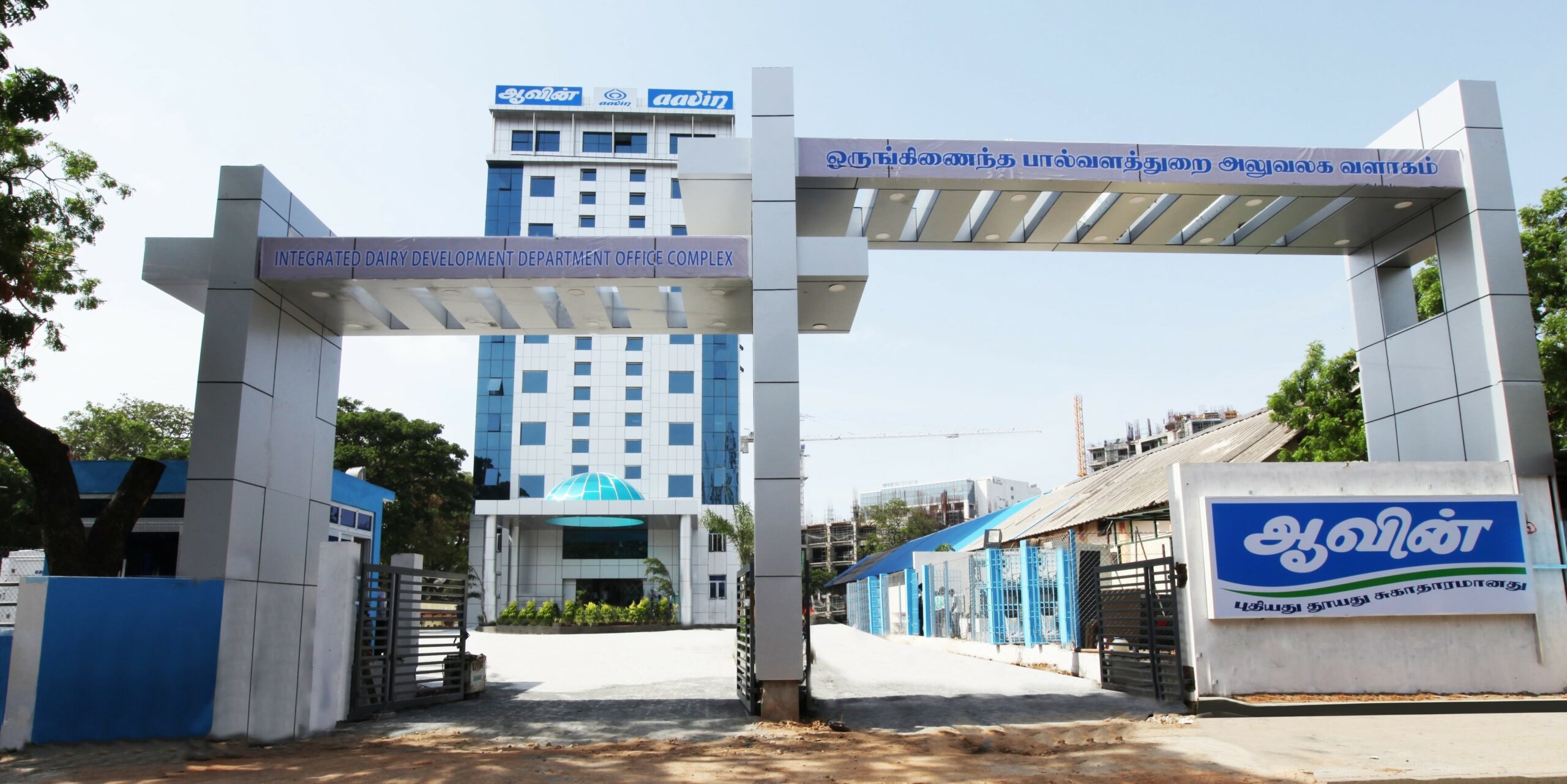Aavin is a state government cooperative under the ownership of the Tamil Nadu Cooperative Milk Producers Federation Limited.

Aavin is a state government cooperative under the ownership of the Tamil Nadu Cooperative Milk Producers Federation Limited. (Supplied)
Not even a month after the Amul vs Nandini controversy in Karnataka, the decision of Amul to operate in Tamil Nadu is raising tempers as it is being considered a blow to homegrown brand Aavin.
Aavin is a state government cooperative under the ownership of the Tamil Nadu Cooperative Milk Producers Federation Limited.
Condemning the move of Amul, Chief Minister MK Stalin, who is on an official tour to Singapore and Japan, wrote a letter to Union Home Minister Amit Shah to intervene and direct Amul to desist from milk procurement from milk producers in Tamil Nadu.
The decision of AMUL to operate in Tamil Nadu is unfortunate, detrimental to the interest of Aavin and will create unhealthy competition between the cooperatives.
Regional cooperatives have been the bedrock of dairy development in the states and are better placed to engage and… pic.twitter.com/yn2pKINofO
— M.K.Stalin (@mkstalin) May 25, 2023
In his letter, Stalin said that under the ambit of the Aavin co-operative, 9,673 Milk Producers’ Cooperative Societies functioning in rural areas procure 35 Lakh litres per day from about 4.5 lakh members.
Under the current arrangement, the milk producers are assured of remunerative and uniform prices throughout the year by the cooperative societies.
“To increase and sustain milk production in Tamil Nadu, Aavin also provides various inputs such as cattle feed, fodder, mineral mixture, animal healthcare, and breeding services for animals of milk producers,” he noted in the letter.
“In addition, it ensures the supply of quality milk and milk products to consumers at one of the lowest prices in our country,” he added.
“Thus, Aavin plays a vital role in improving the livelihood of rural milk producers and meeting the nutritional requirement of consumers,” Stalin said.
He pointed out that the Kaira District Cooperative Milk Producers’ Union (Amul) has utilised its multi-state cooperative licence to instal chilling centres and a processing plant in the Krishnagiri district of Tamil Nadu.
He also said that it has planned to procure milk through FPOS (Farmer Producer Organisation Scheme) and SHGs (self-help groups) in and around the Krishnagiri, Dharmapuri, Vellore, Ranipet, Tirupathur, Kancheepuram and Tiruvallur districts in the state.
Stalin explained: “It has been a norm in India to let cooperatives thrive without infringing on each other’s milk-shed area. Such cross-procurement goes against the spirit of ‘Operation White Flood’ and will exacerbate problems for the consumers given the prevailing milk shortage scenario in the country.”
He also said that this act of Amul infringed on Aavin’s milk-shed area, which had been nurtured in true cooperative spirit over decades.
“This move by Amul will create unhealthy competition between cooperatives engaged in procuring and marketing milk and milk products. Regional cooperatives have been the bedrock of dairy development in the
states and they are better placed to engage and nurture producers and to cushion consumers from arbitrary price hikes,” he said.
Amul tried to start acquisitions in Tamil Nadu five years ago under the AIADMK regime. However, after it was not successful then, now Amul is making a second attempt to capture the Tamil Nadu milk market.
It is to be noted that Amul was selling its dairy products — including ice cream, ghee, and butter — through outlets in the state.
A senior official from the state’s Dairy Department told South First that Amul, which plans to procure milk from border districts, is also reportedly planning to take it to neighbouring states like Karnataka and Andhra Pradesh.
“For this, Amul has negotiated with farmers of the Krishnagiri, Dharmapuri, Vellore, Ranipet, and Tirupathur districts, and has promised to pay ₹1-2 per litre more than Aavin,” said the officer.
“It has also promised to pay the amount within a day or two, and even assured monthly or quarterly incentives. However, no contract has been signed yet with the farmers,” the officer said.

Jul 26, 2024

Jul 26, 2024

Jul 25, 2024

Jul 24, 2024

Jul 24, 2024

Jul 21, 2024